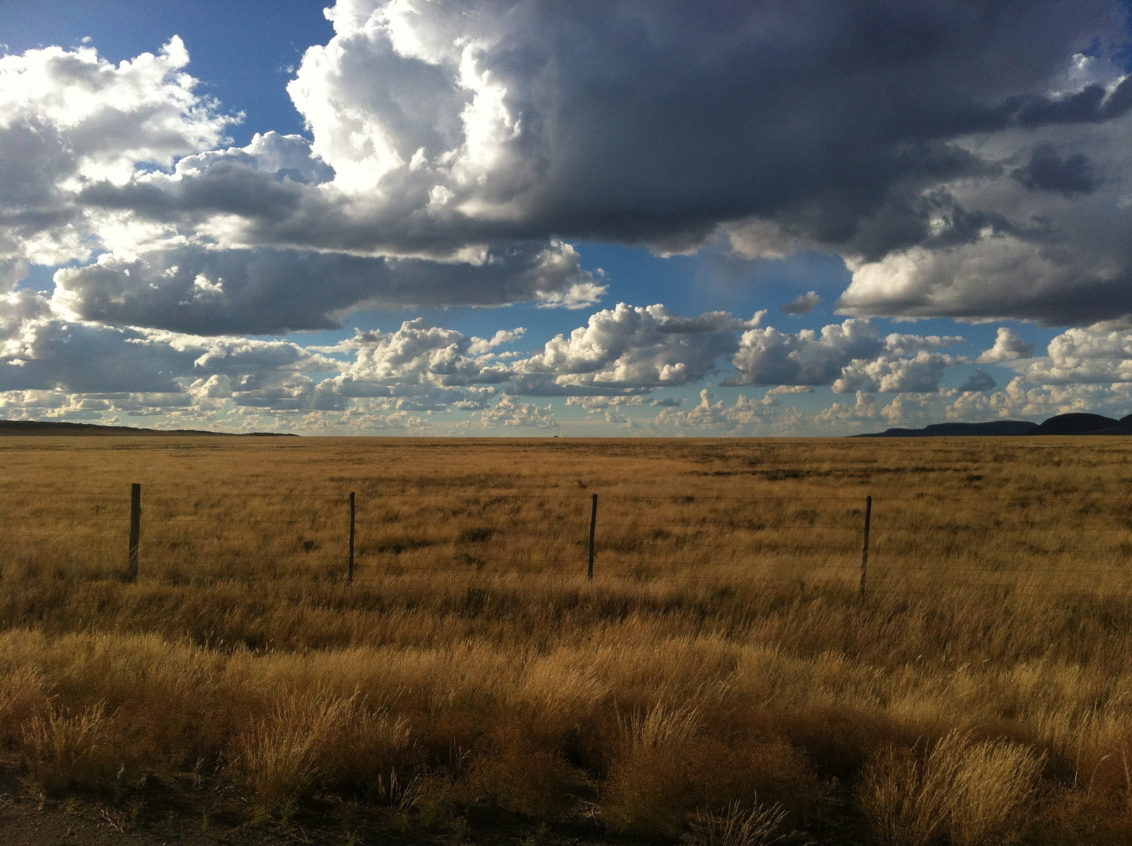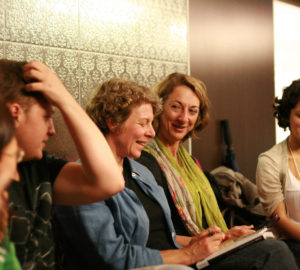BY HEINRICH VAN DER WALT
“You know, you should write this stuff down,” Anton said. We were sitting on the back porch of our farmhouse, looking out over the grassy backyard. It was a typical sweltering summer in the Karoo, the only respite from the heat coming from the ice cream cones we were eating. Beyond the fence that surrounded our yard, the veldt was swimming in mirages, giving the impression that our lawn was an island in the middle of an ocean. Anton was six years old that summer and had been listening intently for the last half hour to my story. Having been raised on a farm, we learned from an early age to entertain ourselves during the long summer holidays, and ever since Anton was old enough to pay attention for longer than five minutes, I had told him stories. Some of them were true, but mostly I made them up on the spot. My little brother loved them, and I loved telling them.
“Other kids would like them as well,” he continued. Drops of melted ice cream fell on his dirty little feet. Cramming his mouth full with the last bit of ice cream cone, he stood up.
“I’m gonna get some more,” he announced, and shuffled inside. I sat staring at the hot dry grass and floating Karee trees in the distance. I was surprised that I had never thought of writing down any of my stories. I stood up and went to my stuffy room where I wrote my very first story.
It was called Monster in the Barn and revolved around (you guessed it) a monster living in a barn. It’s mounted on the wall in my study today, framed by an unfortunate looking green frame that my daughter Carla made for me on my forty second birthday. Anton still teases me about it when he and his wife come to visit, but then I remind him that he had nightmares for a week after I read it to him.
The thought that I could write stories came to me that hot summer on our porch, but the realisation as to why I wanted to write happened three years later, on an equally hot day in Mrs Adams class.
Sitting at my desk, I was trying my best not to melt into a puddle of skin, bones and hormones. A sad little fan in the corner of the room buzzed away in a futile attempt to cool the twenty one sweating kids in the class. First period English was one of my favourite classes but even on that day I couldn’t muster the energy to pay much attention. That is until Mrs Adams gave us our assignment for the period. She wanted us to write a one page story, true or fiction, about the letter O. Confused murmurs filled the room and she held up her hands.
“Don’t be so quick to complain, guys. If you can’t think of anything to write about the letter O, then write something about the shape of an O. A circle, right?”
The murmurs quietened a little as everyone gave this some thought. Not me though. I was already writing furiously and paid no attention to the kids around me. Even at that young age I had already begun to recognize the ‘writing zone’ that so many writing guides talk about. That well-worn track that every storyteller falls into when all the gears are spinning and the words start to flow. Sometimes it feels like a dream and you snap out of it hours later, amazed at the pages full of words that lie before you. My Grandfather, not the most politically correct person who ever lived, once compared writing to diarrhoea.
“Once it hits you there aint nothing you can do but let it out!”
Disgusting analogy, I know, but true. Inspiration can come at any time and when it does you are a slave to it.
An hour later I put down my pen and sat back. As usual after a burst of writing, I felt light headed, sweat running down my back and my fingers aching from clutching my pencil. I read through my story quickly and made a few corrections before walking up to Mrs Adam’s desk.
“Finished already, Charlie?” she asked, eyebrows raised.
“Yes, Miss.”
“Well, let’s have a look then,” she said as I handed her the sheet.
I sauntered back to my desk and sat down. For the next ten minutes, I sat staring at her intently, trying to read her expression as her eyes moved from left to right, left to right. Her expression slowly changed from a slight smile, to a worried frown, finally being replaced by horror. I saw every detail of this change and something stirred in me. My story had a simple plot: Two friends out for a walk are drenched by a sudden downpour, only it’s not water splashing down but blood. The deluge drives the men crazy and they attack each other. The story ends with the one friend strangling the other, and as he dies his mouth forms an almost perfect O as he tries to suck in a final breath. The End.
Mrs Adam’s face that day made me realise why I wanted to write. I wanted to elicit emotion. I wanted to make people feel. Sadness, joy, horror or disgust, my aim would be to force them to feel something, anything. In the end, isn’t that what art is meant to be?
At my 20-year school reunion I bumped into Mrs Adams, now an old lady. She still remembers my story after all these years.
“You know,” she said quietly, glancing around. “I was worried that you might end up a criminal with thoughts like those.” I smiled back at her.
“Well, I’m not a criminal Mrs A. I’m a writer.”
Photo credit: Flickr.com_fiverlocker













